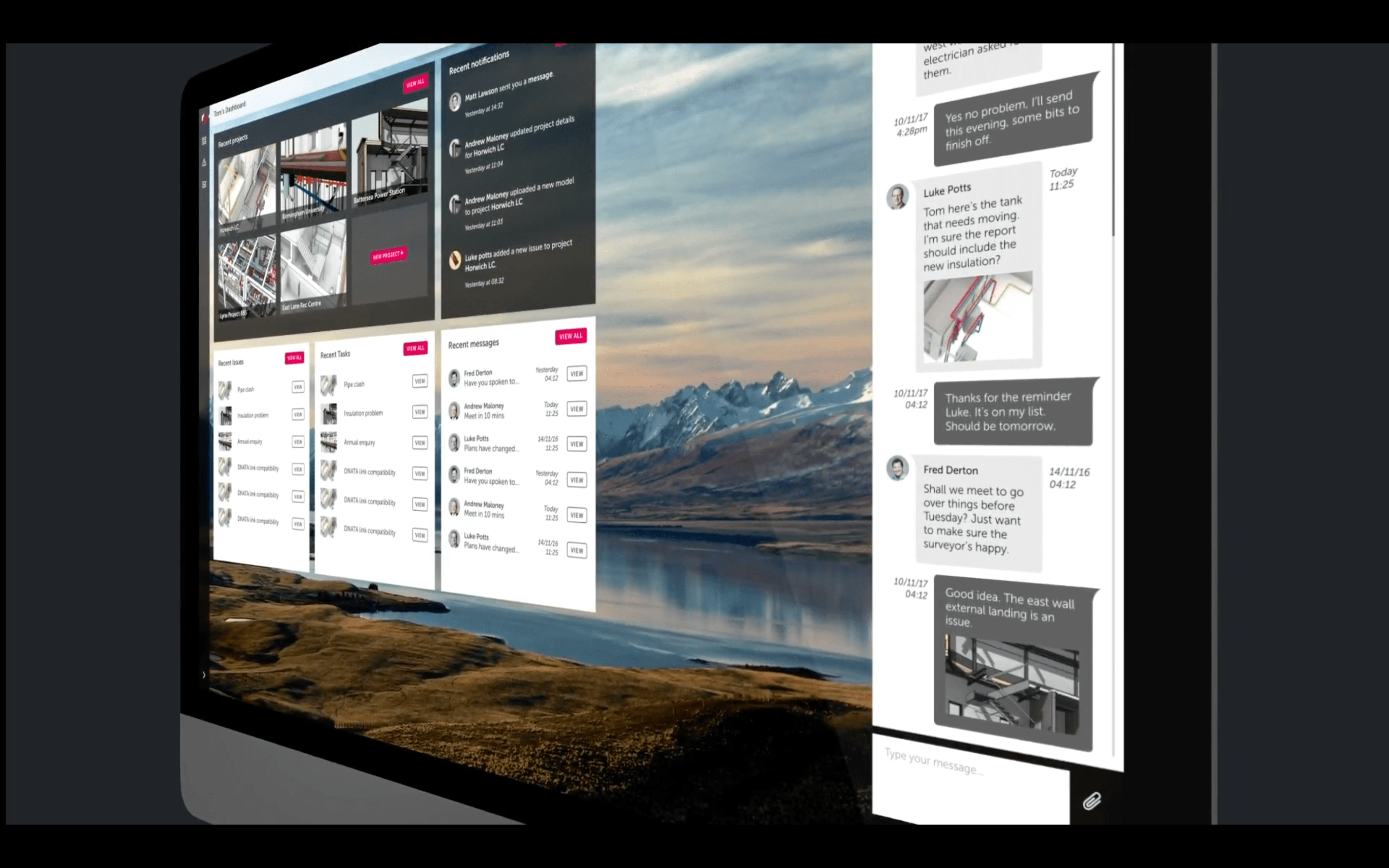
Big Data for Built Assets
Facilities management and AEC professionals are on the verge of joining the big data club.
There is increasing talk of data and information in relation to building assets. Brought about by a new-found appreciation of data in other industries, Building Information Modelling (BIM) and the Internet of Things (IoT) are prime examples of data-driven technologies and processes that are increasingly explored and debated in the building industry.
While it is not clear just how BIM and IoT will converge for maximum benefit, what is clear is that big data has the potential to allow us to make better-informed decisions about how we build, operate and maintain assets.

What Exactly is Big Data?
An often-quoted definition of big data is that made by Gartner in 2001. Made when the concept was in its infancy Gartner defined big data as follows: “Big data” is high-volume, -velocity and -variety information assets that demand cost-effective, innovative forms of information processing for enhanced insight and decision making.”
Put simply big data is the collection of more data than before, in more complex forms, made possible by new data sources, requiring new ways of processing.
A modest example of the difference between big data and traditional data is your electricity meter at home. Your electricity meter is likely to have been read manually every 6 months for years, however with advancements in technology we are increasingly seeing the adoption of smart meters meaning this reading can now be recorded in real-time.
Some may argue the type of data obtained from solutions such as real-time electricity monitoring is no different to traditional data. However, the volume and velocity at which we can now record this data is fundamentally different. Also, thanks to machine learning and advancements in computer algorithms we are now able to combine various data sets to form more valuable data.

Big Data and advanced data analytics can help enable us to plan, build, operate and maintain buildings and infrastructure with more efficiency and lower costs. Here at REBIM we are ready to help our clients with the shift towards Big Data.
The Future of Big Data
Data has intrinsic value. Think of some of the world’s biggest technology companies – a lot of the value of these companies comes from the value of the data they capture. They’re constantly developing how and what data they capture to create more efficiency and develop new products. Google for instance, stated that their recommender system, created using big data collected about users, helps them generate 38% more click-throughs to their site.
It doesn’t stop with technology companies though, rich data sets reporting on users and assets support the development of new service opportunities and markets in all industries. In the AEC and facilities management sectors, big data and advanced data analytics can help enable us to plan, build, operate and maintain buildings and infrastructure with more efficiency and lower costs.
Great examples of this are already being seen in the energy sector. Offshore wind farms are being made cheaper from the use of big data and remote monitoring. This is because predictive data analytics made up of big data makes it possible to send service teams to maintain assets at data-driven points in time rather than at scheduled time periods. Meanwhile, performance can be monitored in real time from control centres anywhere in the world because of advancements in internet-enabled devices and cloud computing.

Big Data and REBIM
At present the market is already seeing the lowering of costs in sensor-enabled equipment, cloud computing, and internet-enabled devices alongside the rise of the Internet of Things. As such it is inevitable that big data will become more and more common in building and infrastructure management. However, making the most of big-data will require a shift in not only how we capture and store data but also how we analyse and visualise data.
Here at REBIM we are ready to help our clients with the shift towards big data. The REBIM platform is a super light yet powerful web-based “Asset Information Hub” that can be used to store and manage important data about your assets. Accessible by an intuitive dashboard, it allows you to visualise and interpret data from various sources in one place, with a collaborative issue tracking and a messaging system built in.
